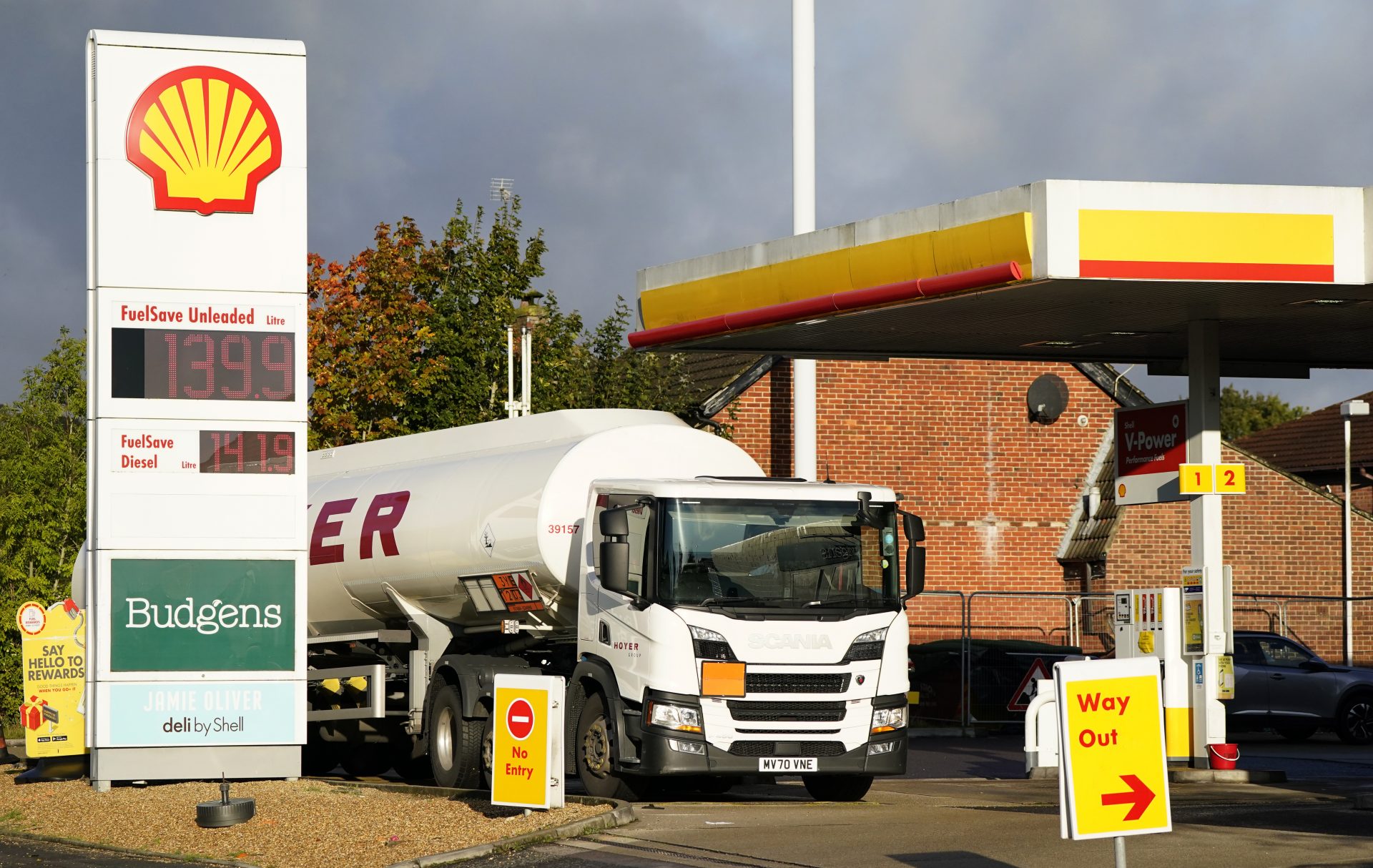Brexiteers were gleeful when Royal Dutch Shell announced it would move its head office and tax residence to the UK from the Netherlands: “A clear vote of confidence in the British economy,” tweeted business secretary Kwasi Kwarteng. “Huge win for Brexit Britain,” trumpeted the Daily Express. “A big victory for Brexit Britain,” intoned Nigel Farage.
As ever, the truth is more complex and analysts say Shell’s flight from Europe has very little to do with Brexit. More pertinently, Shell’s decision casts a shadow over prime minister Boris Johnson’s environmental evangelism — the newest incarnation for a man with quicksilver principles and a persona that failed to convince as he blustered his way through COP26.
“Talk of it being a post-Brexit win is spin for the government,” said Euan Graham, senior researcher at the E3G think-tank, pointing out that only about 10 jobs are due to cross the North Sea under Shell’s plans.
Tessa Khan, founder of the climate campaigning group Uplift, said Kwarteng’s tweet was “unbelievably tone-deaf” and she contrasted this jubilation with the UK’s position on coal at the Glasgow climate talks.
“It is very convenient for the UK government that they focused all of their energy in relation to the COP outcomes on coal and never spoke about oil and gas. It’s the second largest oil and gas producer in Europe and it happens to have already more or less completely phased out coal from its domestic power supply,” she said.
Away from the spin, Shell’s stated reason for its move is to end its complicated dual share structure by relocating its head office and tax base to the UK. As part of these changes, which need to be approved at a general meeting in December, the chief executive and chief financial officer will move to the UK and “Royal Dutch” will be dropped from the name. Most analysts agree the company was also keen to escape the Netherlands’ 15 percent dividend withholding tax, which it has opposed for years.
So much for the push factors. What about the UK’s pull factors? Was it really a booming post-Brexit economy, or something more germane to Shell’s core business?
The North Sea is now one of the most profitable areas in the world for oil and gas production. After the oil crash of 2015/16, the government “bent over backwards” to incentivize the extraction of oil and gas, said E3G’s Graham. Policies included slashing the petroleum revenue tax to zero and allowing oil giants to claim billions for decommissioning rigs and infrastructure.
Of course, Shell is already benefiting from these advantages. Campaigning group Paid to Pollute says that between 2015 – 2020, Shell received net £726 million from the UK government and last month, an analysis by the Observer newspaper found that Shell and BP had not paid any corporation tax on oil and gas production in the North Sea for three years.
Shell is also part-owner of the Cambo oil field, a controversial project off the Shetland Islands that is opposed by environmentalists and Scottish first minister Nicola Sturgeon. Graham says the government’s reaction to Shell’s move to London strikes a discordant chord in this context.
“Fawning over the arrival of Shell — when it is involved in the Cambo oilfield — is pretty uncomfortable,” he said.
When Shell’s move was announced, the #StopCambo campaign tweeted: “Just two days after the #COP26 talks end in bitter disappointment, with the 1.5C target on life support, the gov is now cheering on the arrival of @Shell’s HQ to the UK.@Shell is not a clean energy company. They are actively drilling for more oil & gas – they are the problem.”
That’s not to say the move gives Shell more influence. It already has influence, says Khan, whose organisation is coordinating the campaign against Cambo.
“In terms of Shell’s lobbying power and political presence, that’s always existed in this country. The oil and gas industry unquestionably has the ear of government. (The move) may escalate things slightly but it wouldn’t change things in a material way,” she said.
In the end, the decision on Cambo, thought to hold 800 million barrels of oil, rests with the UK government, which has said an environmental impact assessment will be carried out first. And to those who say the Cambo oil field will create employment, Khan points out that jobs in the oil and gas sector are precarious, with no protection when firms lose profitability.
“That’s the nature of the future of the oil and gas industry,” she said. “It’s in terminal decline, it’s going to become increasingly volatile so if you really care about job security, we should be managing their transition out of that industry for jobs that do have a future.”
Some commentators also wondered if Shell’s decision to move to London was influenced by a landmark Dutch court ruling last May that ordered it to move faster on cutting greenhouse gas emissions, in line with the roadmap laid out in the Paris Climate Agreement.
Conservationist Chris Packham tweeted: “Quelle surprise! Earlier this year, a court in the Netherlands ruled that by 2030 Shell must cut its CO2 emissions by 45% compared to 2019 levels. The decision only applies in the Netherlands . . . So come on over – kill the world , we don’t care . . .”
But Milieudefensie, the Dutch arm of Friends of the Earth that was among those who brought the ground-breaking legal case, said Shell, which has launched an appeal, would not be able to outrun the verdict.
“We are very, very sure it won’t affect in any way the verdict itself or the appeal. The appeal will be done under Dutch law so the move by Shell has no effect in a legal sense,” said Peer de Rijk, international energy campaigner at Milieudefensie.
“It is very difficult to escape from environmental organisations because they are everywhere and our Friends of the Earth colleagues in the UK came out with a strong statement to say that if Shell goes to the UK, we will see what we can do to increase the pressure from our side,” he said.
Khan agrees, saying Shell should not expect an easier time in the UK. Uplift is already working with three climate campaigners in a legal challenge to the government’s support for oil and gas operators, including tax breaks. A judicial review is due to be heard in December.
“The UK climate movement is ready to subject Shell to scrutiny and accountability for its actions here and the fact that it is involved in the Cambo oil field has already attracted a lot of attention and condemnation given that it seems incompatible with the (Dutch) judgment,” she said.












